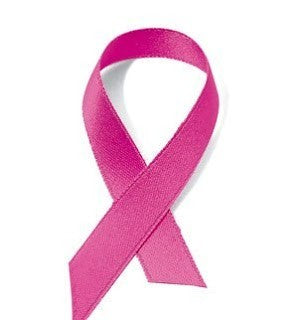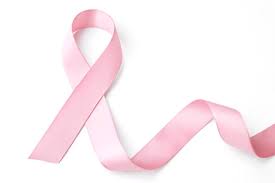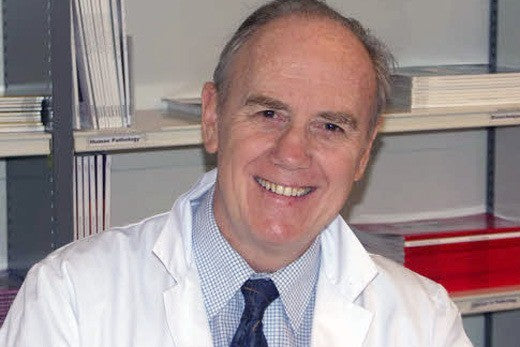
Hydroxytyrosol prevents breast cancer and protects against the oxidative damage of DNA.
Hydroxytyrosol prevents breast cancer and protects against the oxidative damage of DNA.
In recent years, several studies have linked olive oil consumption with the low incidence of several diseases, including breast cancer. Hydroxytyrosol and Tyrosol are two of the phenols found in extra virgin olive oils.
Wanting to know why people adopting a diet rich in olive oil had less cancer, Spanish researchers from the UniversitatAutònoma in Barcelona discovered that olive oil was particularly effective against breast cancer.
In fact, it would only take one trickle of oil per day to make it effective. The oil attacks the tumors on several fronts and delays their growth, forcing the destruction of the cells. In addition, it protects against potentially cancerous DNA damage.
The researchers found that the oil foils a gene that promotes the growth of breast tumors. In addition, olive oil also inhibits a gene that causes hardening of the arteries and heart disease.
This is not the first time that we preach the benefits of a Mediterranean diet, which contains a lot of olive oil in particular. This type of diet low in red meat and dairy products has preventive effects on cancers, cardiovascular diseases, Alzheimer's and Parkinson's.
A low incidence of several cancers, including breast cancer is due to the consumption of olive oil. This effect has already been attributed to the high content of monounsaturated fatty acids. However, more recently, the importance of minor constituents of olive oil has been considered. Over the past five years, several publications have firmly established that the ingestion of small amounts of certain compounds isolated from plants can reduce the risk of cancer in carcinogenic mammals, including polyphenols.
Extra virgin olive oil contains relatively high amounts of polyphenols compared to other oils (refined olive oil or seed oils). These include phenolic compounds that are present at levels of about 400 mg / kg depending on the variety of olive tree, climatic and agronomic conditions, the degree of ripening of the crop and the manufacturing process. OLIVIE PLUS 30X olive oil has a polyphenol content of 1200 mg / Kg (see www.olivie.ma or http://www.olivie.ma/en/olivie-plus.html).
Among the beneficial effects of polyphenols on health are anti-inflammatory, antioxidant and cardioprotective effects. The major phenols identified in olive oils include the most potent Hydroxytyrosol (HT) and Tyrosol (TY), the secoidoids and the lignans. In OLIVIE PLUS 30X extra virgin olive oil, the of HT and TY is 30 times higher than a conventional olive oil that is usually found on the market. The concentration of these phenols is even more beneficial than hormone therapy where some cancer cells are stimulated by hormones. Thus hormone-dependent cancers (mainly breast and prostate) can be treated with hormone treatment.
It has been well established that Hydroxytyrosol is a powerful antioxidant because of its antioxidant properties marked by its ability to trap free radicals of oxygen and nitrogen, to inhibit the oxidation of low density lipoprotein (LDL) , platelet aggregation and activation of endothelial cells and its protection against DNA damage. Hydroxytyrosol has been successful in reducing the synthesis of prostaglandin E2 blocking the transcription of COX-2 and lipoxygenase, which reduces the chronic influence associated with diseases such as cancer.
Hydroxytyrosol may indeed contribute to attributable cancer prevention activity due to reduced oxidative stress and oxidative protection of DNA in normal breast cells, whereas Hydroxytyrosol is required at pharmacological concentrations to reduce oxidative stress but does not protect against DNA damage.
However, both phenols exert a selective antioxidant defense, preventing oxidation in normal breast cells, but not in breast cancer cells, which could be useful for cancer treatments that increase oxidative stress. Hydroxytyrosol also prevents the damage to DNA induced in cancer cells, it can interfere with these therapies.
Although in vitro studies have demonstrated a preventive role of Hydroxytyrosol against breast cancer, precise mechanisms of action remain to be clarified. Further studies are needed to elucidate cellular signaling events in oxidative stress protection and breast cancer prevention.


